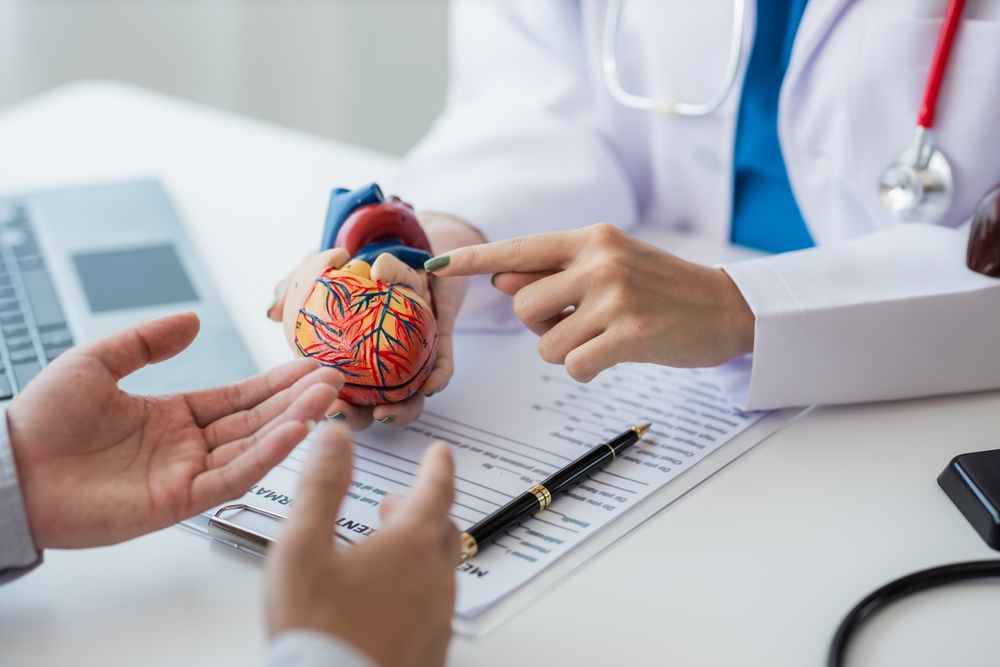Colitis is a condition characterized by inflammation of the colon, which can result in a range of uncomfortable and sometimes debilitating symptoms. While its causes and severity can vary, it is essential to recognize the signs early to manage and treat the condition effectively. This guide explores colitis in detail, covering its symptoms, causes, types, and treatment options.

Red Flag Signs of Colitis
Early recognition of colitis symptoms is crucial for timely intervention. Some common red flag signs include:
- Persistent diarrhea, often accompanied by blood or pus
- Abdominal pain and cramping
- Urgent bowel movements
- Fever and fatigue
- Unintended weight loss
These symptoms can significantly impact daily life. For a more comprehensive understanding, visit the Mayo Clinic’s guide on ulcerative colitis.
What to Do If You Have Colitis
If you suspect colitis, seeking medical attention immediately is critical. Here are the recommended steps:
- Consult a healthcare provider to confirm the diagnosis through tests such as colonoscopy, stool analysis, or imaging studies.
- Follow dietary recommendations to minimize symptoms. A low-residue or bland diet can help reduce irritation.
- Start prescribed medications, including anti-inflammatory drugs, immune suppressors, or biologics, as directed by your doctor.
- Monitor symptoms closely and maintain a symptom diary to share with your healthcare provider.
For more detailed advice on managing colitis, explore the GW Hospital’s resource on colitis treatment.
Types of Colitis
Colitis can be classified into several types based on its underlying causes and characteristics:
- Ulcerative Colitis: A chronic condition affecting the innermost lining of the colon and rectum. Learn more from the NIDDK’s ulcerative colitis page.
- Crohn’s Disease: Though it can affect any part of the gastrointestinal tract, Crohn’s often involves inflammation in the colon, similar to colitis.
- Ischemic Colitis: Caused by reduced blood flow to the colon, often linked to heart disease or atherosclerosis.
- Infectious Colitis: Triggered by bacterial, viral, or parasitic infections.
- Microscopic Colitis: A less common type involving inflammation visible only under a microscope.
For a broader overview, check out the MedlinePlus entry on colitis.
Causes and Risk Factors
Colitis can arise from various causes, including:
- Autoimmune responses, as seen in ulcerative colitis and Crohn’s disease
- Infections caused by bacteria, viruses, or parasites
- Reduced blood supply to the colon (ischemic colitis)
- Allergic reactions or exposure to certain medications
- Radiation therapy for cancer treatment
Risk factors may include genetic predisposition, a history of gastrointestinal infections, or lifestyle factors such as smoking. To understand the causes and risks further, visit the Penn Medicine’s colitis resource.
Diagnosing Colitis
Diagnosing colitis typically involves a combination of the following methods:
- Medical History: Detailed discussion of symptoms and family history.
- Physical Exam: Checking for tenderness, bloating, or other abnormalities in the abdomen.
- Diagnostic Tests:
- Blood tests to detect inflammation or anemia
- Stool tests to identify infections
- Colonoscopy or flexible sigmoidoscopy to visualize the colon
- Imaging studies, such as CT scans, for comprehensive evaluation
For additional insights into diagnosis and testing, the Cleveland Clinic’s guide on colitis is a helpful resource.
Treatment Options for Colitis
Effective treatment depends on the type and severity of colitis. Common approaches include:
- Medications:
- Anti-inflammatory drugs such as corticosteroids and aminosalicylates
- Immune system suppressors
- Antibiotics for infectious colitis
- Biologic therapies targeting specific pathways in the immune system
- Dietary Adjustments: A nutritionist may recommend a specialized diet to reduce symptoms and improve nutrient absorption.
- Surgery: In severe cases, partial or complete removal of the colon may be necessary.
Explore the Crohn's & Colitis Foundation’s website for more on treatment advancements and support.
Living with Colitis
Managing colitis involves both medical treatment and lifestyle adjustments. Here are some tips:
- Follow your treatment plan and take medications as prescribed.
- Adopt stress-reduction techniques such as yoga or meditation to improve overall well-being.
- Maintain a balanced diet that avoids trigger foods.
- Stay informed about your condition and connect with support groups for emotional and practical assistance.
To further support your journey, explore resources like the Crohn's & Colitis Foundation.
When to Seek Emergency Care
Colitis symptoms can sometimes escalate into emergencies. Seek immediate medical attention if you experience:
- Severe abdominal pain
- Signs of dehydration
- High fever
- Continuous bleeding
- Sudden changes in mental state or alertness
Emergency care may involve hospitalization and intensive treatments to stabilize the condition.
Conclusion
Colitis is a complex condition that requires careful management and awareness. Recognizing early symptoms, seeking prompt medical care, and adopting a comprehensive treatment plan can significantly improve quality of life. Utilize the trusted resources linked throughout this article to stay informed and take proactive steps toward managing colitis effectively.




